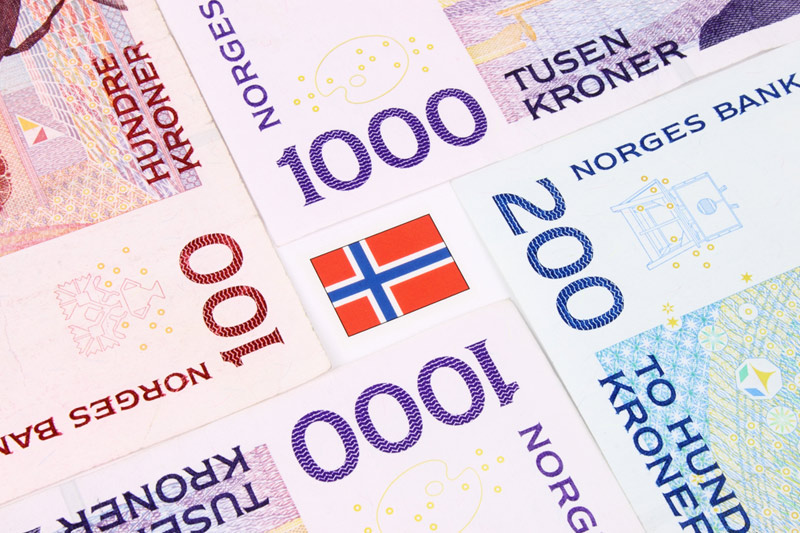By Camilla Knudsen
OSLO (Reuters) - Norway's central bank cut its main interest rate to a record low of 0.50 percent on Thursday, as expected, and said it may cut again in the autumn to fight an economic downturn prompted by a drop in oil prices.
Rates might be cut to zero to help sustain the economy, Norges Bank said, with negative rates considered only if the economy suffered a further shock.
A slump in crude oil prices has caused a slowdown in Norway's oil and gas industry, which generates a fifth of economic output. Fears are growing the downturn will spread to the rest of the economy.
Although oil prices (LCOc1) have rebounded around 45 percent from lows seen earlier in 2016, they are still down by about 65 percent from mid-2014. Energy companies operating off Norway are laying off tens of thousands of workers to preserve cash.
All 16 economists polled by Reuters had forecast the bank would cut its deposit rate from the current 0.75 percent.
"The current outlook for the Norwegian economy suggests that the key policy rate may be reduced further in the course of the year," Governor Oeystein Olsen said in a statement. He later told a news conference this was most likely in the autumn.
The bank also raised the possibility of negative rates, despite having previously cautioned that such a move might have limited effects.
That approach contrasts with the policies in neighboring Denmark and Sweden, which have both cut the cost of borrowing to negative levels.
"Should the Norwegian economy be exposed to new major shocks, the Executive Board will ... not exclude the possibility that the key policy rate may turn negative," Norges Bank said.
During his news conference, Olsen declined to say what kind of shock to the Norwegian economy might lead to negative rates.
"The central bank is open for cutting rates to zero, but they raised the thresholds for going into negative rates," Danske Bank chief economist Frank Jullum said.
"It is natural that they address the question of negative rates at a time where the central banks in other countries ... are cutting deeper into negative territory," said DNB Markets economist Kyrre Aamdal.
The Norwegian crown rose 1 percent against the euro and the dollar on Thursday before reversing its gains at 1017 GMT.
Norway's central bank has been trying to balance the requirements of an economy that has slowed as oil prices plunged with the need to cool down the property market. It has reduced its cost of borrowing from 1.5 percent in December 2014.
